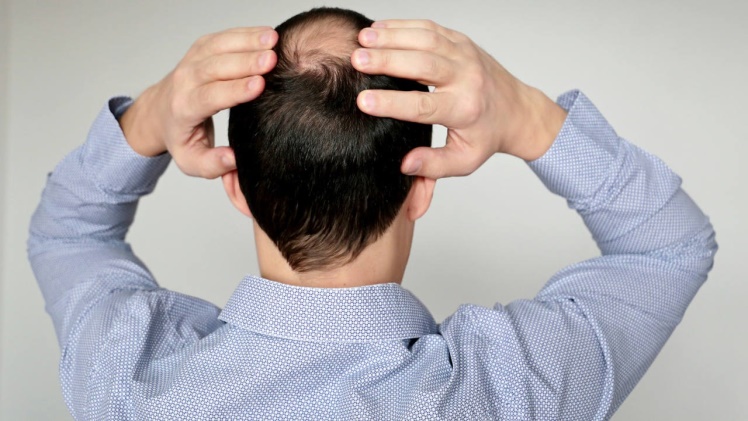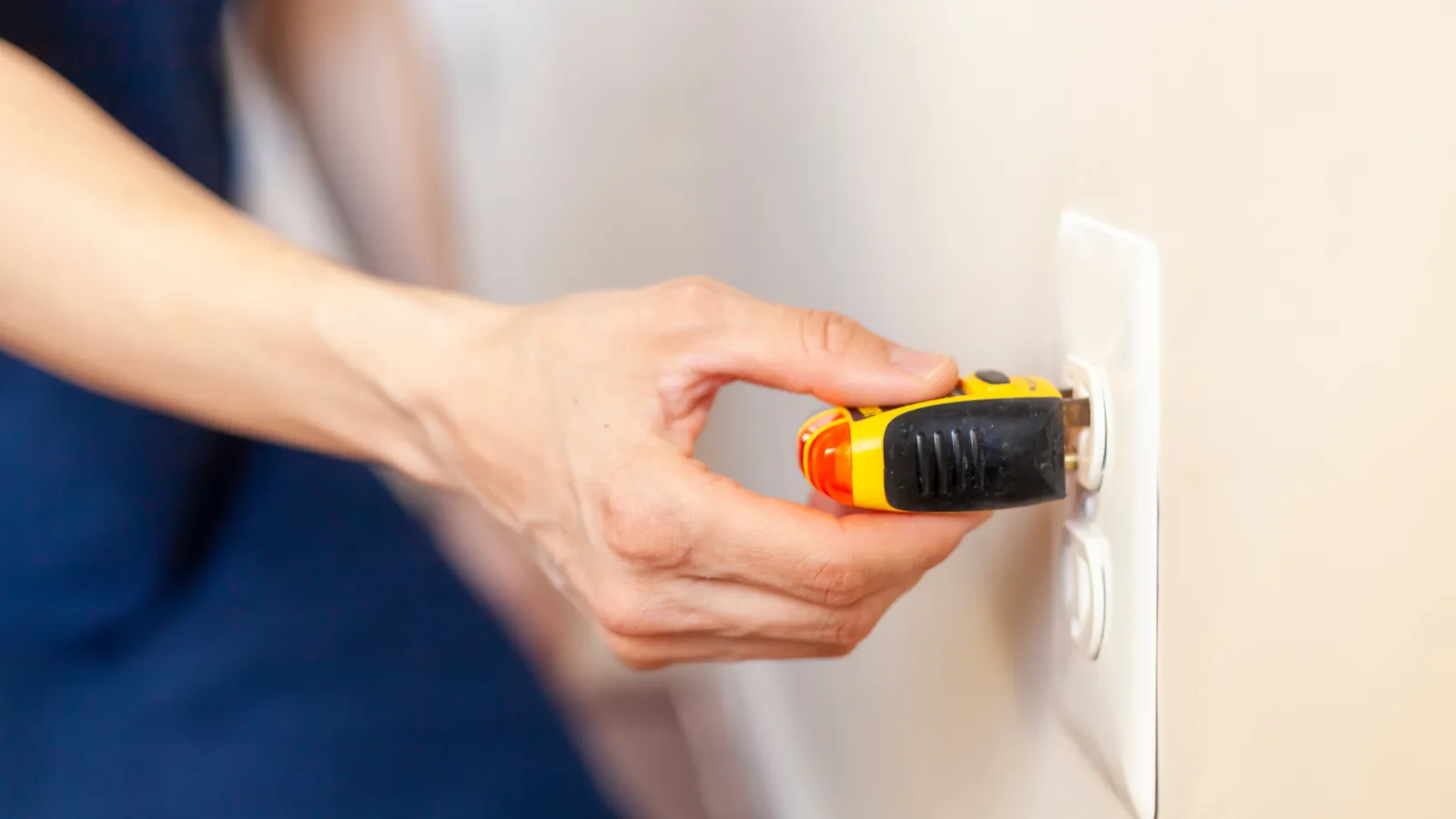Male pattern baldness (MPB) can be ruthless. Once your hair starts to disappear, it may not stop until it’s all gone. And as your hair fades, it can feel like a part of you is going with it.
Many men feel overwhelmed and powerless against hair loss. Yet what many don’t know is that there’s actually a lot you can do to help prevent, curb, and even reverse MPB. It just takes the right kind of knowledge and a bit of dedication to do so. Read on to learn about three major insights that can help you with your struggle against male pattern baldness.
1. Understand the Causes
In one way, it’s obvious how MPB affects you. As time passes, more and more of your hair falls out. But, in reality, falling out is actually a natural part of your hair’s lifecycle. The lack of regrowth in addition to accelerated loss is the real symptom of MPB. In order to understand male pattern baldness, you need to know its actual causes.
The first of the two major causes of MPB is dihydrotestosterone overproduction. DHT is a naturally occurring hormone that has a tendency to bind to the hair follicles on your scalp. Think of these follicles as the roots of your hair: as long as they’re healthy, your hair can regrow. But if your body starts to produce too much DHT, your hair follicles will start to shrink and die. And no follicles means no regrowth.
The second major cause also relates to your follicles, except it involves blood flow rather than a hormone imbalance. Your blood carries vital nutrients to your hair follicles. But if your blood vessels constrict too much for too long then your follicles won’t have the nutrients they need to produce hair. DHT overproduction and limited blood flow account for two of the most common causes of MPB. And, thankfully, there are direct ways to address these issues.
2. Know Medication Can Help
One of the best ways to address male pattern baldness is to use medications that target its causes. Luckily, hair medication has come a long way in the last decade. Doubtful practices by shady snake oil salesmen are largely a thing of the past. Nowadays, hair medication is a legitimate and powerful remedy used by many struggling with MPB.
Finasteride and minoxidil are two FDA-approved medications for hair loss. Finasteride works by curbing your body’s conversion of testosterone into DHT. Minoxidil, on the other hand, aims to ensure your blood vessels remain healthy and unconstricted. While both of these medications can be incredibly effective. Some research has shown using them together is especially beneficial. You can use a topical finasteride and minoxidil gel that combines both medications. It’s a dual-pronged solution to your hair loss that comes in one convenient package.
Now, do keep in mind that, while these medications can be highly effective, you’ll need time to see them work. On average, it takes about four to six months for either to work, so you’ll need some patience. However, with patience, you, like many other men, can potentially recover your hair. And, looking at the big picture, a few months of waiting is well worth it.
3. Realize Your Habits Matter
Healthy habits contribute to your overall well-being and longevity. So what you do matters. And that isn’t just true of your life in general, it also applies to your hair. Because hair health is so dependent on follicle health, it’s best to focus on habits that help your roots. The good news is that, in general, habits that are good for your body tend to be good for your hair.
Eating, sleeping, and exercising are the three pillars of bodily health. Strengthening each pillar will improve every area of your body, including your hair. Eating good food and getting enough sleep and exercise increases your abundance of positive chemicals, nutrients, and hormones. Protein, iron, zinc, and vitamins A through D can support healthy hair. So incorporate plenty of organic meats, dark leafy greens, fruits, and nuts into your diet to boost hair health.
At the same time, focus on getting a full eight hours of sleep each night and exercising regularly. Both of these help regulate hormone levels in your body. Sleep is particularly effective at reducing the stress hormone cortisol and helping cell regeneration. Exercise also helps reduce stress, while also improving blood circulation to important areas like your scalp. Prioritize all three pillars of bodily health to give your hair the best chance of maintaining its natural strength.
Take Action from Insight
Most people don’t know much about hair loss until it starts to threaten them. And even if it hasn’t personally affected you yet, there’s always the lingering chance that it might. In fact, if you’re a man, there’s a 25% chance you’ll see signs of MPB by the time you’re 21. And the likelihood increases with age.
If you’re already struggling with MPB, it’s understandable to feel anxious and unsure about what to do. But knowledge is power. And by taking action on these and other insights, you can potentially start undoing the causes of MPB today.







